“White reflects light, so keep as many interior walls white as you can. By using many shades of white you get a gradation of white, which is always fascinating. I’m interested in art, but if you fill a wall with it then it won’t reflect the light anymore, and your eye stops at the object. If you can create new windows, or leave the windows you have uncovered, then the sense of light will be wonderful.” – John Pawson
The unimportance of form
The designer is often seen as a giver of form to an industry whose technological expertise will allow production. Like most things it's not that simple and in this case there can be no text book approach to a particular problem, solutions are always arrived at in unexpected ways. Occasionally a form will arrive, either through hard analysis or, more satisfyingly, intuition and chance. Restricting the probability of finding appropriate form to these two unreliable sources is a mistake.
It's a fact that the physical appearance of an object is to most people most of that object's presence, but perhaps too much importance is attached to it. If we thought form less important we might develop a sensibility for other qualities in an object. Designing in a way that allows other aspects of an object's make-up to propose its form may be a step in the right direction.
If we think of design as an equation for getting more from objects then it's clear that an approach which relies on gratuitous novelty of form is not enough. Avoiding the issue of form altogether may provide a truer solution. The formal appearance of an object need not be the result of hours of careful analysis of the problem or pages of drawings. It could be the visual consequence of an idea, a process, a material, a function or a feeling. Then again it could arrive in the shape of a borrowed form or a stolen object. There can be no moral objection to this if the result contains something that wasn't there before. In fact the hi-jacking of everyday objects serves a dual-purpose of providing a new object in an economical manner and making the point that there is great beauty in the obvious or everyday. So describing the designer as a form-giver is inaccurate, he may be this but not only this and the less he concerns himself with creating form the better for all of us.
Words by Jasper Morrison
01 – Journal
Read entries from the archive of the Minimalism Life® community journal
The inevitability of letting go: The things we love won't always be there
(by Shawn Mihalik)
The bliss of being minimalist: How my minimalism journey has helped myself and others (by Wisnu)
Minimalism and your health: How creating your minimalist lifestyle may be the critical first step to overcoming chronic illness (by Eric Levinson)
Share your story
Do you have an interesting story you would like to share on minimalism.com? We want to read about it. You have the opportunity write about your experience of how minimalism has impacted your life and get your words published in our community journal.
02 – Minimal art
From our curated gallery
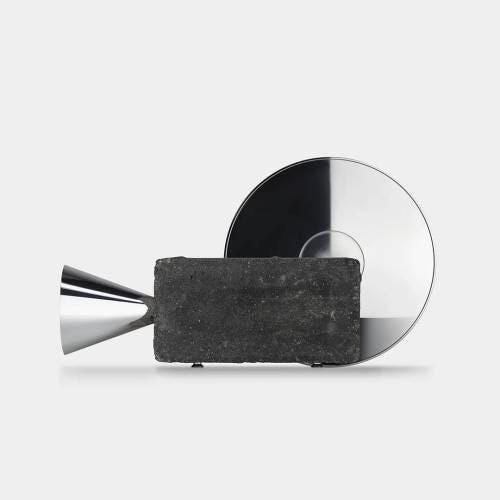
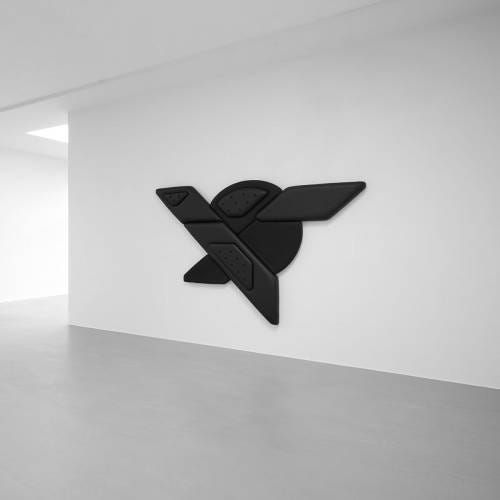
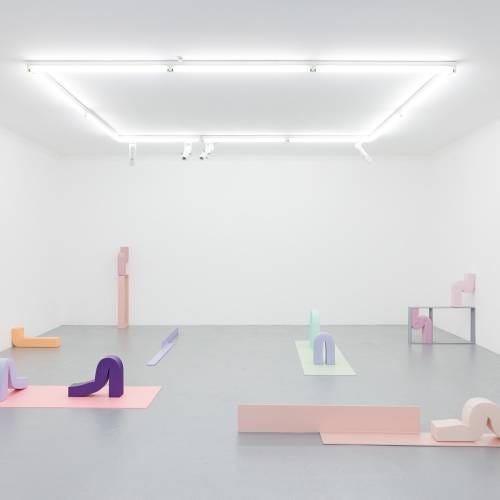
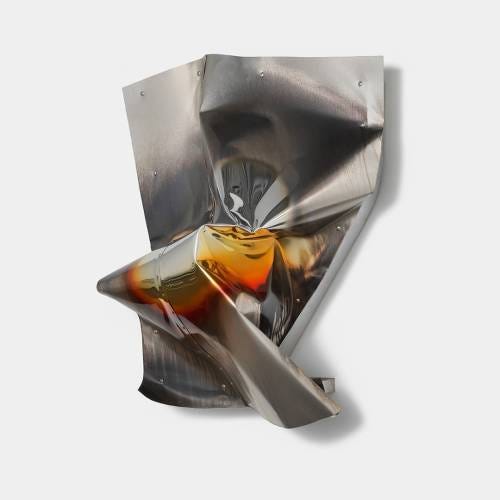
03 – Minimal design
Explore our list of curated design resources
Minimator: graphical editor (tool)
Nicheless (tool/software)
04 – Minimal lifestyle
Explore our list of curated lifestyle resources for simple living
The story of stuff (video)
Oak: meditation app (tool)
05 – Shop
Discover our hand-picked minimalist products in the Minimalism Life® shop
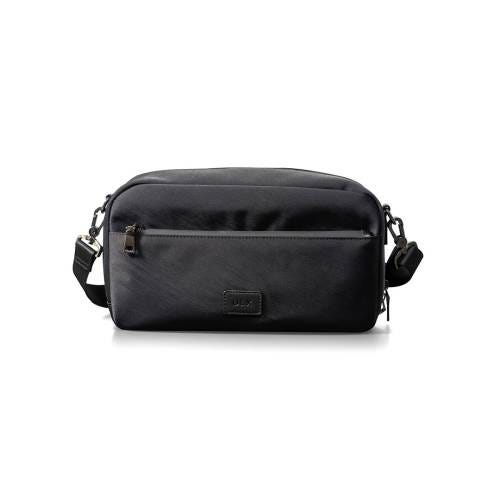
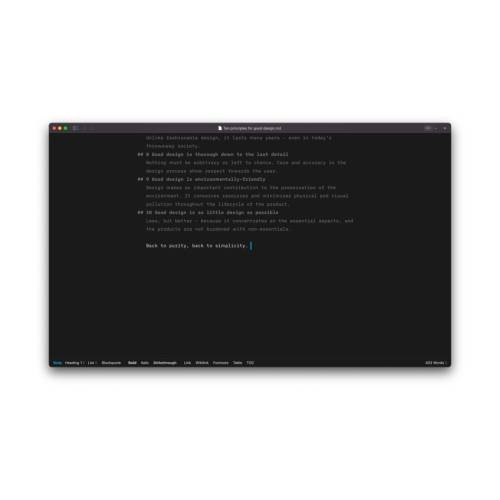
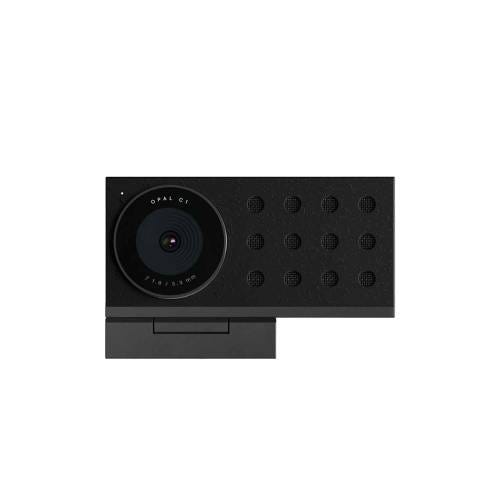
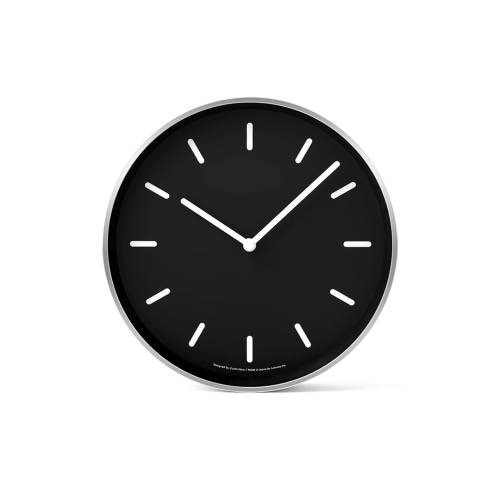
06 – Brands anchored by simplicity and sustainability
Minimalism can be about frugality and owning less, but it can also be about supporting ethical brands with sustainability at their core. Here’s several that you might be interested learning more about:
Luca Faloni: Luxury Italian men's clothing
Collars&Co: Minimalist polo shirts
JAK: Portuguese leather sneakers
Oliver Cabell: Minimalist Italian footwear and accessories
Nordic Knots: Rugs inspired by the beauty of the Nordic light
CDLP: Luxury essentials
Steele & Borough: Vegan, lightweight and water repellant bags
Escuyer: Accessories designed in Brussels
Void Watches: Simple Swedish timepieces
Wahts: Minimal monochromatic menswear
Escuyer: Accessories designed in Brussels
Meller: Minimal shades
Floyd: Unique and distinctive travel cases
ASKET: ending fast fashion by making covetable everyday essentials
Mismo: Bags and accessories from natural materials
Stiksen: Premium caps from Sweden
Discover more minimal brands on minimalism.com


